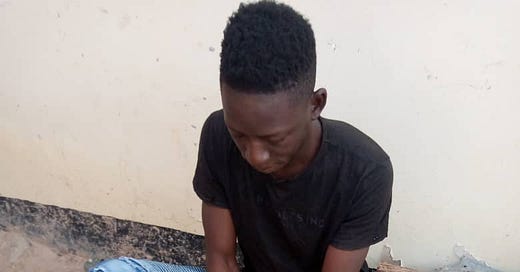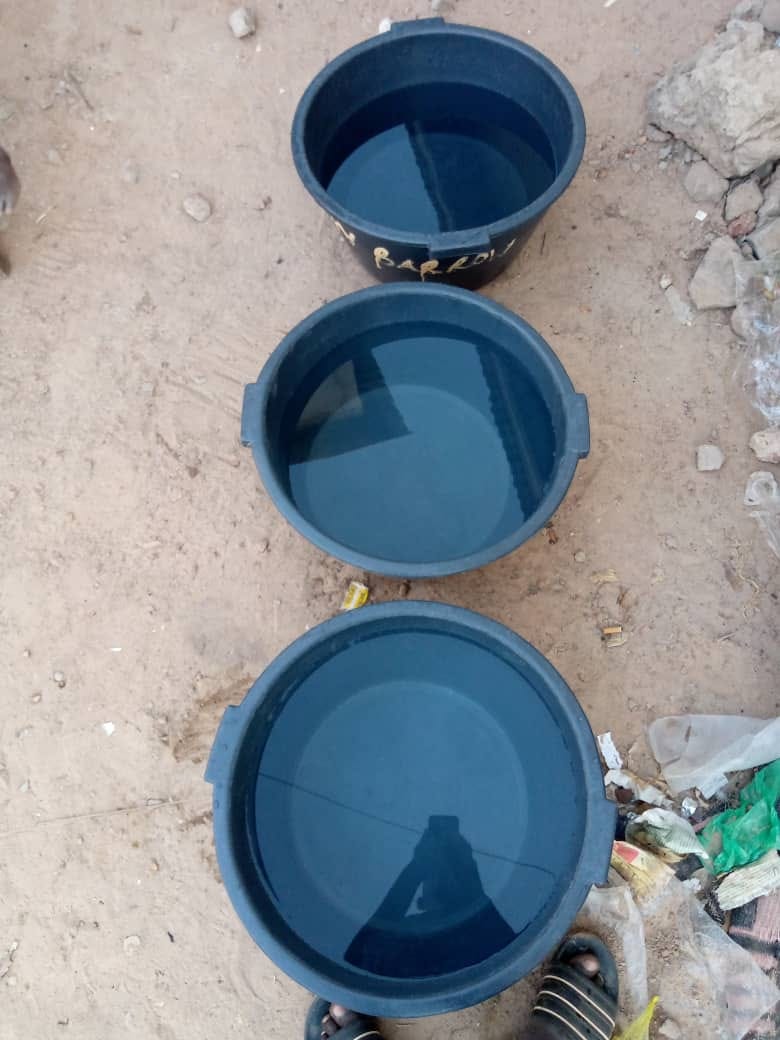Laundry Day
A light topic this week as Patrick and his family have undergone a setback and a fair bit of turmoil. Patrick’s landlord informed him last week that they had to leave their apartment because he wanted to use it to store materials for a building he’s constructing next door. Despite both our efforts to sway him to let them stay he was adamant and frankly pretty heartless. The city of Brikama is densely populated during the rainy season, which extends into October, as farmers move to the city temporarily to avoid the deluge. Despite long days spent roaming around town looking for other lodgings, Patrick came up short and the family has been forced to return to the village in the north where they were living last winter.
Patrick is staying with a friend near Brikama this week while he finishes his exams, but after that he’ll have to postpone further progress on his degree. He and his family will again have to struggle with village life—with its concomitant shortages of food, medicine, transportation and basically everything—until at least the end of the rainy season. We’ve been hunting for silver linings and there is at least the chance that he’ll be able to spend more time writing about the odd twists and turns in his life.
That brings us to laundry, which might seem a dull topic but whatever it is you do to clean your clothes it’s unlikely to be anything like what Patrick does. There’s no machine to ease the difficulty, just liberal applications of elbow grease. Read on.
Laundry in The Gambia is commonly done with this process. It can be done any day of the week, but in my situation I usually launder on Sunday. The first step to be done is to fetch water from the well. Some wells have pulleys which makes it easier to fetch water because the rope with the bucket tied to it will now be attached to the pulley then it will be less heavy. Other wells don’t have a pulley so it requires direct use of strength the pull the loaded bucket up from a well that is usually four to five meters deep in the ground near swampy areas.
After that first step the fetched water is put in buckets or pans. The pans are arranged in a straight line. The pans to be used is always at least three but not more than four. Then comes soap. Some of the water from the wells doesn’t lather because it is hard water.

Then the other step is to choose clothes to be laundered. After picking and soaking a handful of white and less dirty clothes I wash them in the first pan then later when they are clean I transfer them to the second pan to be washed with soap again. After this second stage the well-cleaned clothes are then transferred to the third or last pan to be rinsed and squeezed, then taken to be dried. This last pan is cleaner than all others because rinsing is done there and the cleaning is done in the first and second pans.
Fletcher: Wells are few and far between here in the United States. Some people in rural areas have them, but they’re mostly a novelty.
Patrick: Many of your citizens won't be convinced that human beings drink from them.
Fletcher: Who makes them?
Patrick: I can do it, if I have someone to pull the sand out after digging. I also know people who specialize in it as a profession.
Fletcher: Do you dig them with a shovel? How deep do they have to be?
Patrick: No here shovels are only used to put the sand in a container to be taken out. We have other tools like pick axes. The depth depends on the water level available in a particular area. Places near swamps for instance can be less deep, while in hilly places they must be deeper to meet the water level. Water comes from the sides after digging for about five meters. But if you dig for three or four meters you will feel the moisture that soon.
Fletcher: Is digging them dangerous at all?
Patrick: Of course. Sometimes if you don't go straight and use the wrong techniques it might break and you will die. You need to be brave and courageous to go inside.







